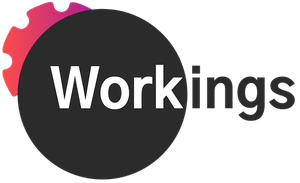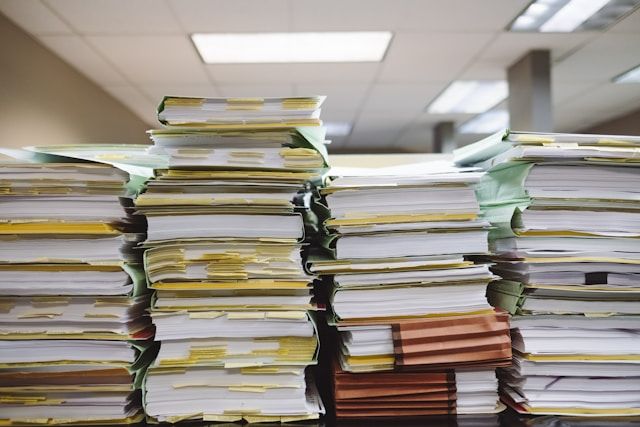Here’s what I know will be true after the election, and true when we know how insurance costs will impact our budget. It’s the same truth I shared with students at a University of Washington editing workshop last weekend as they sit with the news that at least some of the work they’re training for is already being done by AI. Why bother learning how to edit when tools like Grammarly and Claude exist?
My answer: because editing, at its core, is about discernment—and and no matter what AI generates for us, we’re going to need to apply informed, trained, stress-tested, human discernment for trustworthy and shippable results. The training is worth it for the expertise it builds in making what can be tough choices.
It’s true on a broader scale as well as for a single piece of content. We humans will need to get up every day, look at our source material, and make the best, most discerning choices we can make about our shared future. In business, in government, in our communities, and at home, we’ll need to (compassionately, thoughtfully) take metaphorical red ink to rough drafts of all kinds. What doesn’t fit? What would fit better? What’s wrong, what’s right, what could be more clear? Is the message going to land with the people who need it? What tradeoffs do we need to make? What costs are worth it, and where can we cut without compromising our core mission (in our case, to provide good jobs to content professionals)?
Does this metaphor hold for you? I’ve been editing (and being edited) professionally for almost 20 years, so the experience is familiar stomping grounds for me—am I reaching? I’d love to hear what’s on your mind, especially as you think about shaping your 2025. I’m at kreilly@steyer.net.
Thanks,
Katelyn
Photo by Wesley Tingey on Unsplash



